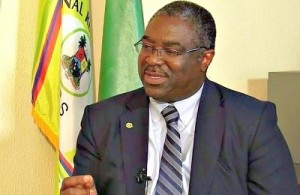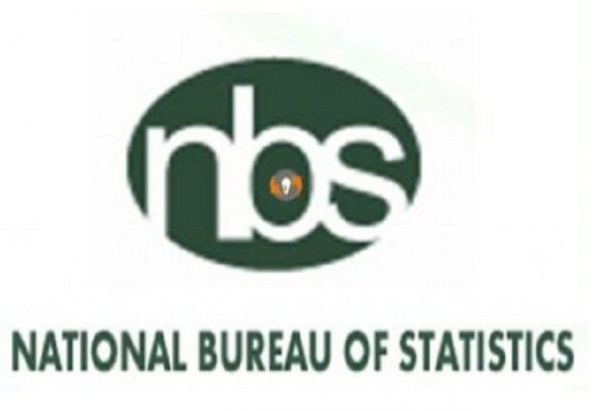Tax process automation’ll be concluded before Dec – FIRS

Following the commencement of the deployment of the Integrated Tax Administration System in key tax offices in 2016, the Federal Inland Revenue Service said on Monday that it would extend the initiative to all its offices nationwide.
The Executive Chairman, FIRS, Mr. Babatunde Fowler, stated this in Abuja at the opening session of a workshop taxation.
The ITAS is targeted at automating all core tax administration processes from registration, filing, audit and payment.
It will also ensure the provision of multiple tax payment channels such as Pay Direct, e-tax pay and Remita.
Fowler, who was represented at the event by the Director, Debt Management Department, FIRS, Mr. Olufemi Faniyi, said the move would ease the burden usually encountered by taxpayers as well as boost tax collection by the service.
He said, “The deployment of technology, expansion and deepening of ongoing Information Communications Technology initiatives became a marked feature of our bid to shore up non-oil revenue.
“The service deployed the Integrated Tax Administration System in key tax offices in 2016. The ITAS will be rolled out nationwide in 2017. The ITAS is targeted at automating all core tax administration processes.
He said in order to ensure the ease of tax payment, the FIRS had also introduced an integrated stamp duty services portal, which he noted would facilitate the online assessment and payment of stamp duties by taxpayers.
Fowler also said that the FIRS had improved the level of collaboration with the Office of the Accountant-General of the Federation to ensure that agencies of government remit taxes such as Withholding Tax and Value Added Tax promptly through the Government Integrated Financial Management Information System.
The GIFMIS is an Information Technology-based system for budget management and accounting used to improve public expenditure management processes, enhance greater accountability and transparency across agencies of government.
He added that a massive nationwide registration exercise of new taxpayers was ongoing, adding that as of the end of last year, the FIRS had registered 814,000 additional taxpayers, while 3.4 million had been registered by states internal revenue services.







